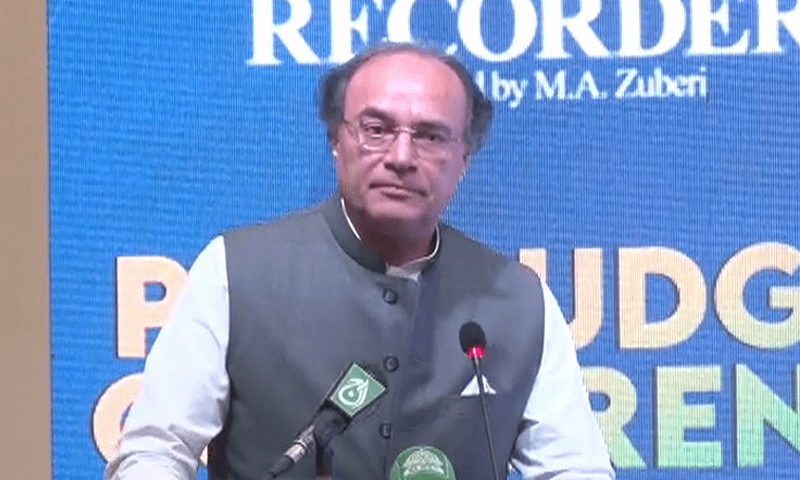Finance Minister Mohammad Aurangzeb on Sunday stressed the need for privatization, saying there was “no such thing” as a strategic state-owned enterprise (SOE).
He made the remarks at a pre-budget meeting in Lahore. This comes two days after Deputy Prime Minister Ishaq Dar said the government would limit operations to only strategic and essential state-owned enterprises under its jurisdiction, but the number would be reduced from 40 after scrutiny.
Dar, who chaired the Cabinet Committee on Privatization (CCoP) meeting, which was also attended by the finance minister, said privatization of loss-making state-owned enterprises would be a priority.
The meeting noted that 40 state-owned enterprises are currently classified as strategic or essential, and ministries will submit their details to the Cabinet Committee on State-Owned Enterprises (CCoSOE). CCoSOE determines the status that classifies an SOE as a strategic or essential entity.
Aurangzeb said on Sunday. [a] Strategic SOEs. ”
“We are all on the same wavelength in that there is no such thing as a strategic state-owned enterprise,” he continued, speaking of a meeting chaired by Mr. Dahl on Friday.
The finance minister said there will be a meeting tomorrow and “I'm going to go back to the various ministries and say this should all be handed over to the private sector.”
“Public-private partnerships will materialize and accelerate privatization plans,” he said.
Commenting on concerns over privatization of Pakistan International Airlines (PIA), Aurangzeb said the government was not only considering foreign investors.
“They are domestic and foreign investors who are bidding.” […] “We are not just focusing on foreign investors,” he said.
Commenting on new financing programs under the International Monetary Fund (IMF) program, he said larger and longer-term programs are needed to provide “macroeconomic stability and durability of structural reforms.”
He also spoke about energy reform, saying there had been “leakages” and stressing the need to stop theft. He said changes were being brought to the board of the distribution company (Disco) to bring in a board from the private sector for “better corporate governance”.
“Then you will see how we can steer discotheques towards concessions, privatization or both,” he stressed.


